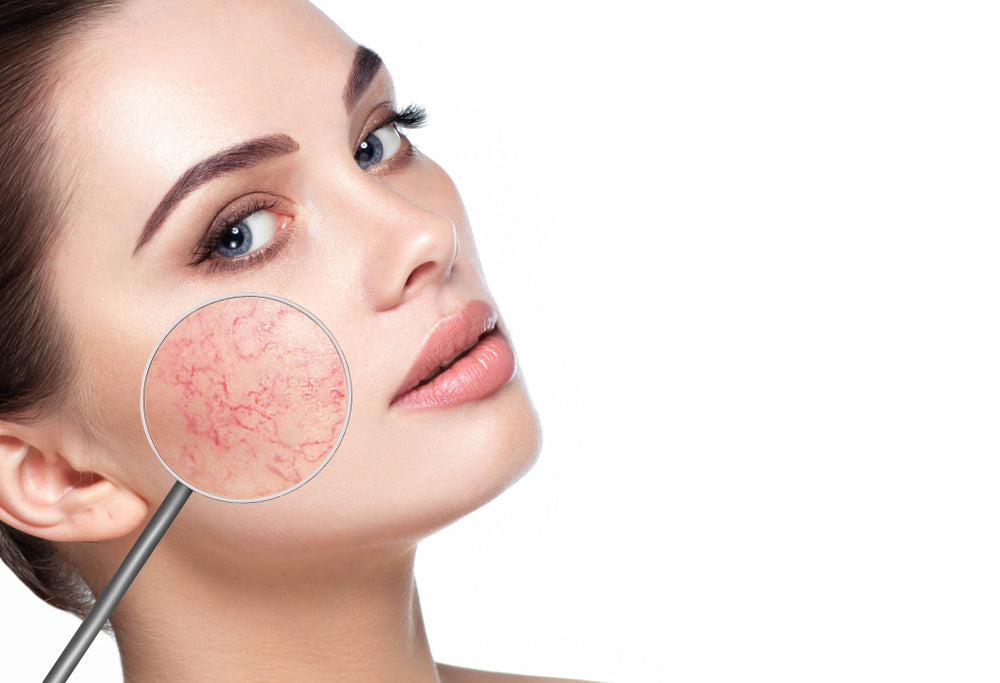Understanding Rosacea: Symptoms, Triggers, and Skincare Tips

Rosacea, a chronic skin condition affecting millions worldwide, is characterized by facial redness, visible blood vessels, and sometimes small, red bumps. While it's not life-threatening, rosacea can significantly impact one's self-esteem and quality of life. Understanding its symptoms, triggers, and effective skincare routines can help manage this condition effectively.
Symptoms of Rosacea: Rosacea manifests differently in individuals but typically includes persistent facial redness, flushing, visible blood vessels (telangiectasia), and in some cases, small, red bumps resembling acne. In more severe cases, the nose may become swollen and bumpy, a condition known as rhinophyma.
Triggers of Rosacea: Identifying triggers is crucial in managing rosacea. Common triggers include sun exposure, hot or cold weather, spicy foods, alcohol, stress, and certain skincare products containing harsh ingredients like alcohol and fragrances. Understanding and avoiding these triggers can help minimize flare-ups and manage symptoms effectively.
Skincare Tips for Rosacea:
Cleanse: Use a mild, non-abrasive cleanser twice daily to wash your face. Avoid harsh scrubbing or exfoliation, as it can irritate the skin and exacerbate symptoms.
Repair: Although there is no cure for rosacea, there are various products and treatments available to help minimize its effects, including topical creams, stress management techniques, dietary adjustments, and gentle skincare routines.
Moisturize: Opt for gentle, non-comedogenic moisturizers to hydrate the skin without clogging pores or causing irritation.
Protect: Shield your skin from harmful UV rays by wearing broad-spectrum sunscreen with SPF 30 or higher daily, even on cloudy days.
Test Products: Before applying new skincare products, perform a patch test on a small area of your skin to check for any adverse reactions.
Conclusion: Living with rosacea can be challenging, but with the right knowledge and skincare routine, it's possible to manage symptoms effectively and improve quality of life. By understanding triggers, adopting gentle skincare practices, and seeking professional guidance when needed, individuals with rosacea can minimize flare-ups and maintain happy, healthy skin.







